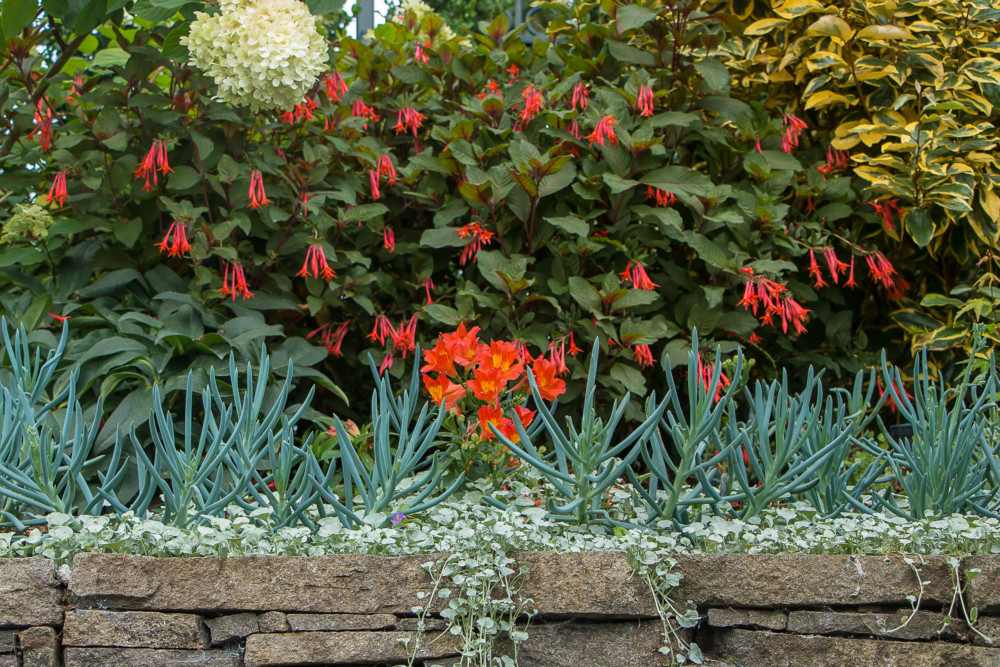
Battling Bad Information
We don’t just sell plants; we sell advice, expertise, experience, years and years of trial and error, and dreams. However, let’s get real, we all know there is a TON of really bad gardening advice available on the “interwebs.” I found this saying and it seems to fit this problem well:
“Don’t base your decisions on the advice of those who don’t have to deal with the results.” (I’m envisioning the advice I read once: “Of course you can prune your Japanese maple to the ground every year; I’ve done it and it’s always been fine for me!”)
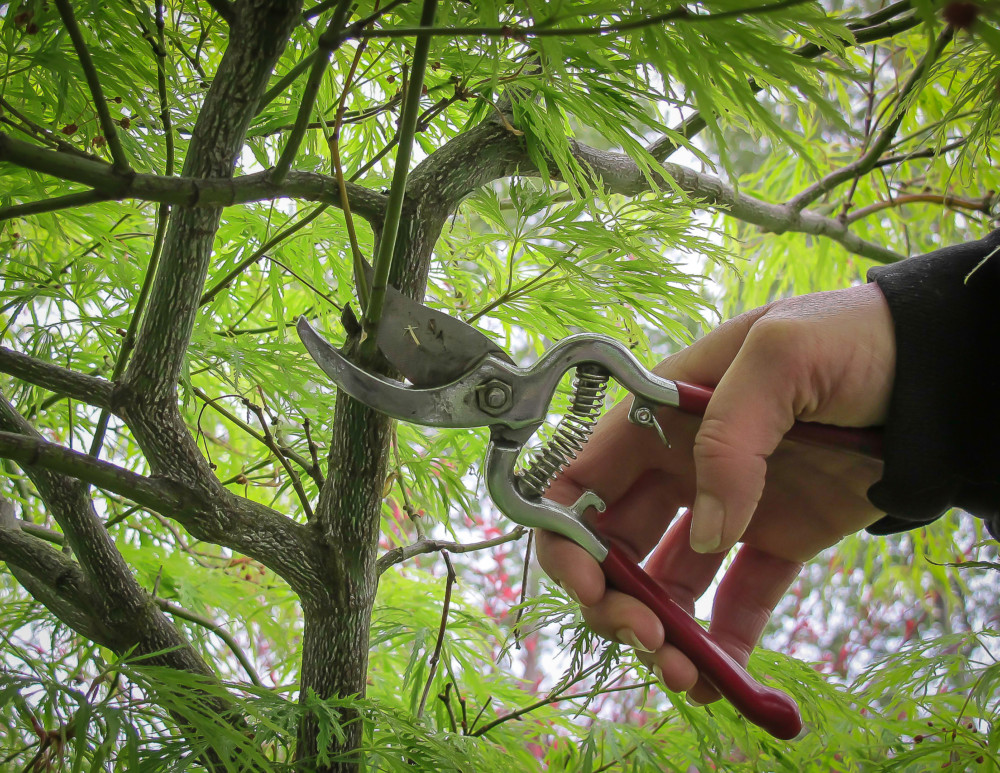 From Pinstagram to Facebook groups, social media has allowed all manner of people to feel that they could, and worse yet, should pass along something they read in passing with no background in its success or failure. But, like so many things on the internet, if it’s posted of course, it MUST be true, right?
From Pinstagram to Facebook groups, social media has allowed all manner of people to feel that they could, and worse yet, should pass along something they read in passing with no background in its success or failure. But, like so many things on the internet, if it’s posted of course, it MUST be true, right?
Whether the things gardeners are passing along as positive ideas are scientifically tested, or they’re just a notion they learned via a friend who has a friend whose uncle swears by it, we can spend a lot of time in conversation, over email or on our websites trying to find the most diplomatic way to say “That’s just BUNK!” Or “Noooooooo, don’t do that, it’ll kill your plants!” Or “Well, you CAN do that, but it doesn’t exactly solve your issue, so I wouldn’t.”
Skepticism Works
A few years back, I used to work for a phone app that would allow me to ID plants from a phone photo. Not to toot my own horn, but I was VERY good at it for a few reasons that my coworkers didn’t often employ:
- I didn’t take anything the photo-provider wrote about their photo at face value. As every detective TV show tells you, witnesses often have their own set of “facts” that aren’t real.
- I would not give an answer unless the photo also provided the basics, zone, sun and shade conditions etc. to the best of their ability.
- I didn’t take the photo providers’ word for their own definition of “Full Sun,” “I’m a skilled waterer….,” etc., because it was often the case that though they may think a plant is in full sun, it may only be getting fully exposed to sunlight from dawn to 11 a.m.
Being a skeptic in the arena of helping people ID or solve plant problems is quite helpful — you just have to learn to do it in a very diplomatic, non-accusatory way.
“I can clearly see that you loved your hanging fuchsia basket; however, it did die from lack of water. And I know you feel like you watered it a lot, but I think we may have failed to communicate to you just how much water, how often it needs to be watered and the most efficient method for watering your hanging basket. It’s taken me a lot of practice to get this right; I know it can be hard.”
In this time of the Wild West of the internet where anything goes, if you speak up and try to bring about confidence inspiring ways to save labor, time and money, an internet troll will likely insist that “I don’t care WHAT science says, I’m gonna use Epsom salts everywhere and I don’t care the consequences.” It can feel really defeating and make you want to throw up your hands in frustration.
Another reason why customers are challenged when it comes to bad advice boils down to good old Listening Skills 101. The advisor is so busy doling out the “shoulds” that they are forgetting to empathize with the customer’s situation and feelings about their beloved grandmother’s failing hand-me-down plant and not asking, “Does this make sense?” “Do you need any clarification about the steps or products before we’re done here?”
Our customers are starving for information, quickly and efficiently to gardening challenges that, for the most part, ARE usually fairly straightforward and simple to answer, fix or help them. They are getting more and more used to apps, websites, podcasts and videos that give them instant gratification in their busy lives so they can imagine starting their own little backyard greenhouse of veggies for spring and feeding the entire neighborhood by fall.
Consider the Source
Do you have certain resources that you use and refer to for answers that inspire confidence and trustworthiness? I know that after writing two books, I had to be very careful about what research or listing websites I used and referenced and often had to cross reference three at once to cultivate one consistent conclusion.
Since we all have a computer in our pocket these days, the old-fashioned method of taking a customer over to a reference library shelf of trusted books triple checked for accuracy are pretty much gone. It used to be that the customer asked the question and either you knew the answer and provided it immediately, or you both looked up the answer and determined an accurate course of action that you both agreed on and went about your day.
But now, when the same customer walks up and asks a question that you need to research, you’re both pulling out your phones and while you’re checking the answer with the Royal Hort Society, for example, your customer might be looking at a Pinterest meme that looks waaaaay too good to be true. It features a fabulously mocked up photo via Photoshop and the customer is silently thinking, “Why would I buy the recommended product here, when I can just go home and mix up some soap and vinegar and voila! I’ll have taken care of my insect problem cheaper and easier.” How many times have we heard or experienced that story?!
More often, however, it’s the unqualified neighbor or the well-meaning uncle who are offering advice based on hopelessly outdated science, personal experience where they “lucked out” and stumbled onto a technique that worked once and was not able to be replicated reliably. But now it’s like the old game “Operator” where everyone sits in a circle and the first person whispers a phrase that gets passed around the circle until hitting the last person as everyone erupts in hilarious laughter that the opening phrase “Mary had a little lamb” is now “Mary drove a little van.” But, in essence, this is precisely how bad advice gets mutated into solid truths.
Often bad advice also can be emotionally charged. Objective, science-based truths and thoughtful second opinions can be perceived as some simply “shilling for a product” to make the sale. Be careful of your own particular bias with customers — it’s a slippery slope. Just like diet and nutrition, there are often multiple methods to get to the same end, you just want to make sure that you are viewed as offering the best way for the customer in front of you.
Check Twice
Lastly, bad advice also tends to ruffle our instincts. If your intuition is telling you to double check that recipe for keeping gophers at bay and its actual effectiveness, listen to that. You can come back to the customer after researching the method they’d been trying and be a hero for saving them all kinds of labor, time and money in wacky and disproven methods while showing them something new they may never have tried before.
So, what are ways to respond to that bad advice about their plant or problem scenario? It can be a little bit challenging to find a positive conclusion, but it turns out that sunlight is the best disinfectant for bad information.
It may sound counterintuitive but hear them out. Be respectful and use it as a learning tool for your team. If they’re insistent that “Glow-in-the-dark-painted rocks WILL light their walkway because I saw the photo on Pinterest,” then thank them for the info they’ve given you to think about and do some research about.
Skip the temptation to debate at all costs, all this will do is bring about a negative relationship dynamic and possibly a bad Yelp review. You can demonstrate how your method vs. theirs will save them more money, time and labor in the long run, but after that, let gardeners make their own mistakes. It’s how we all end up learning the best lessons anyway.

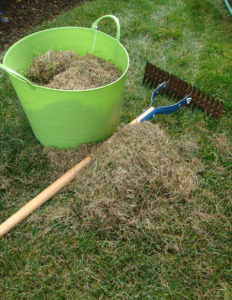

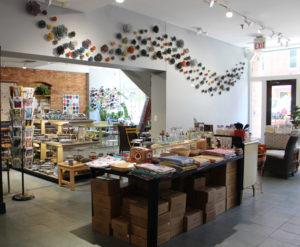
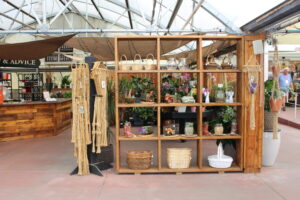
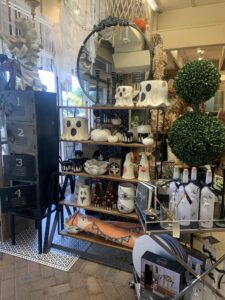


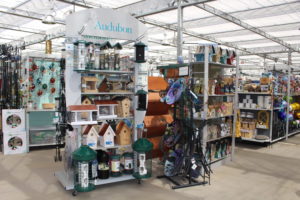
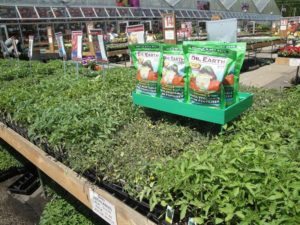
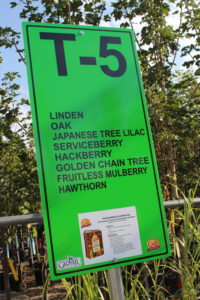
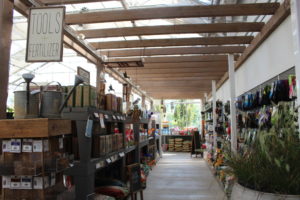

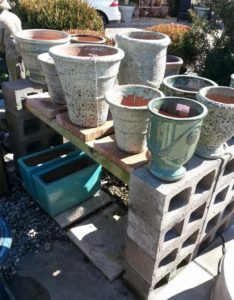
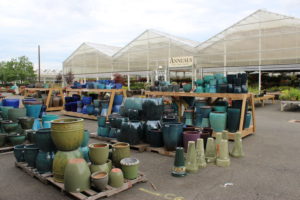
 Videos
Videos





